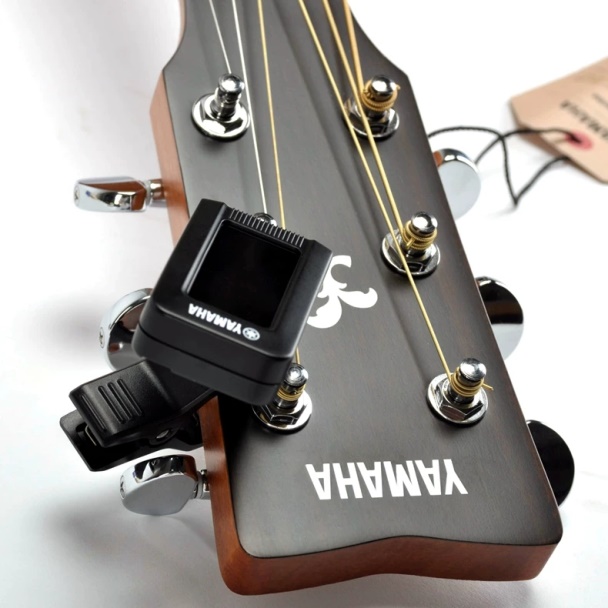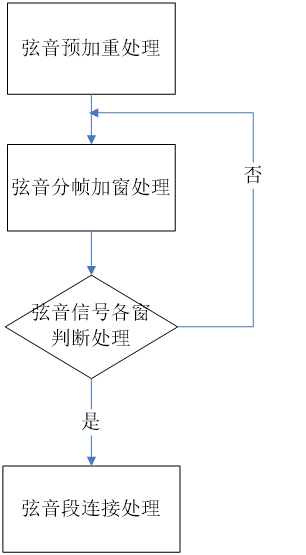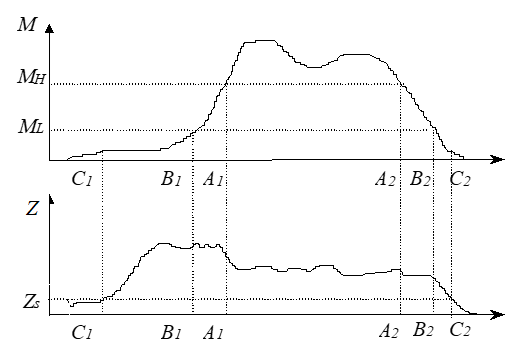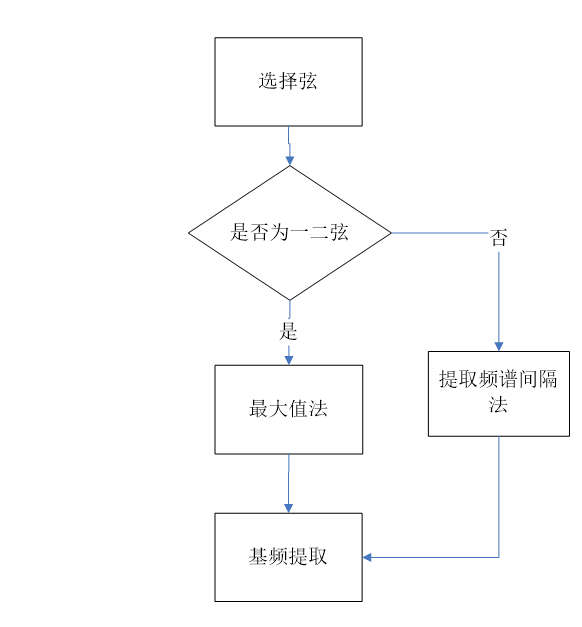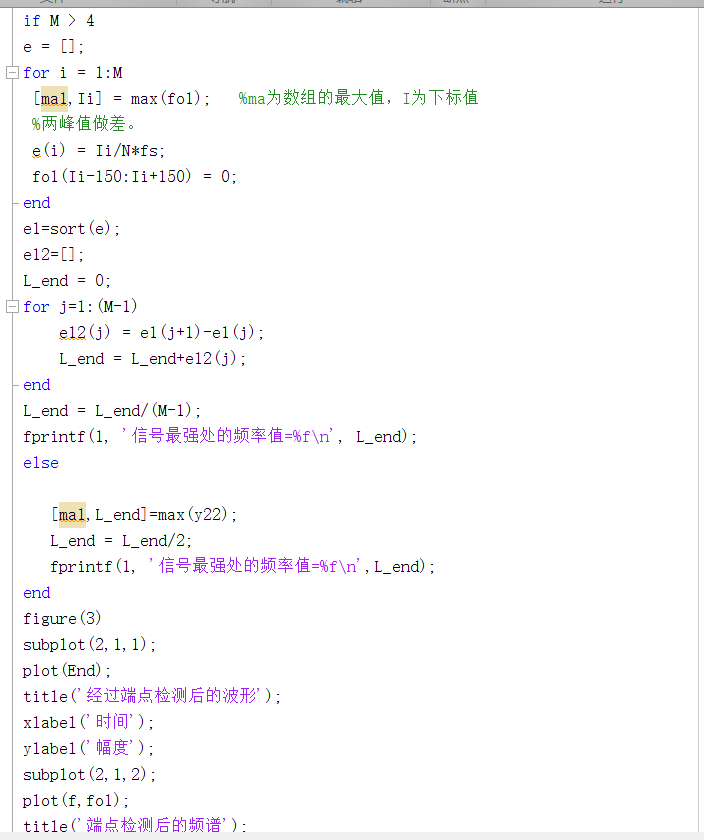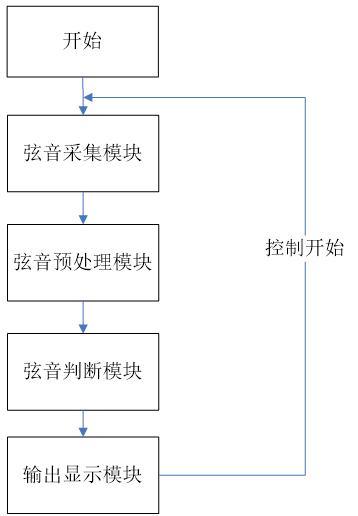智能吉他调音器的设计毕业论文
2020-04-18 20:06:56
摘 要
在当今科技快速发展的时代,常规情况下使用听觉来判断吉他某根弦的音高,已经有了很大的落后。而现有的调音器是硬件实体的调音器,携带不便且易丢失。因此一个具有调音功能的软件会便捷突然需要调音的演奏者。
本论文在介绍调音器的乐理知识的基础上,先介绍了弦音处理过程中采用的端点检测算法和基波频率检测算法的设计与实现。然后给出了本论文各个模块的详细介绍。最后是软件的仿真与论文总结。调音器通过PC段在的弦音后,对弦音经过滤波、预加重、端点检测和基波频率判断后,最终在界面中显示出拨弦的音高频率。吉他使用者可以根据程序所测试的数字化的音高,比较其与所需要的标准音高之间的关系,进而选择拧紧旋钮提升音高抑或松弛琴弦降低音高。最终实现吉他弦调至标准频率。
经测试,本论文所设计的吉他调音器的确良好的实现预期的目标与功能。
关键词:吉他调音器 端点检测 基波频率判断
Design and implementation of intelligent guitar tuner
ABSTRACT
With the rapid development of science and technology in today's era, the method of using hearing to judge the pitch of a guitar string under normal circumstances has lagged far behind in the era. The existing tuners are hardware-based ones, which are inconvenient to carry and easy to lose. Therefore, a software with tuning function will be convenient for players who suddenly need tuning.
On the basis of introducing the music theory of tuners, this paper first introduces the design and implementation of endpoint detection algorithm and fundamental frequency detection algorithm used in string processing. Then it gives a detailed introduction of each module in this paper. Finally, the simulation of the software and the summary of the paper are given. After the tuner passes through the PC section of the string, after filtering, pre-emphasis, endpoint detection and fundamental frequency judgment of the string, the high frequency of the plucked string is finally displayed in the interface. Guitar users can compare the digital pitch measured by the program with the required standard pitch, and then choose to tighten the knob to raise the pitch or relax the strings to lower the pitch. Finally, the guitar string is tuned to the standard frequency.
The guitar tuner designed in this design has been tested. Fortunately we got the expected goals and functions.
Keywords: guitar tuner ; Voice Activity Detection ; Fundamental frequency determination
目录
摘要 Ⅰ
ABSTRACT Ⅱ
第一章 绪论 1
1.1本论文的背景和意义 1
1.2本论文的研究背景 1
1.3本论文主要内容 4
1.4论文结构安排 4
第二章 吉他调音乐理知识与弦音处理算法研究背景 7
2.1乐理背景知识介绍 7
2.2 弦音处理中算法与技术的研究现状 8
2.2.1 滤波器的设计与选择 8
2.2.2 语音识别技术关键技术的研究 9
2.2.3 端点检测算法(VAD)的研究现状 9
2.2.4 音高特征识别的研究现状 10
第三章 吉他调音器的算法设计与实现 11
3.1 端点检测算法(VAD)的设计与实现 11
3.1.1端点检测算法(VAD)的作用与基本原理 11
3.1.2弦音预加重处理 12
3.1.3分帧加窗处理 12
3.1.4弦音信号各窗所处阶段判断处理 13
3.1.5语音段连接处理 14
3.2 基波频率检测的设计与实现 15
3.2.1 基音检测算法 16
3.2.2 基于频谱特征的基波频率提取算法 16
第四章 吉他调音器的总体设计 19
4.1总体设计流程 19
4.2 弦音采集模块 20
4.3 弦音预处理模块 21
4.4弦音判断模块 22
4.5输出显示模块 22
第五章 吉他调音器设计的仿真与测试 25
5.1 软件仿真测试 25
5.2 问题与可解决的方法 28
第六章 论文总结 29
参考文献 31
致谢 33
绪论
1.1本论文的背景和意义
科技发展的脚步飞速向前迈去,生活中的方方面面都开始智能化与数字化。在这样的时代下,将电脑技术与信号处理应用到艺术生活中显得非常有价值。而智能吉他调音器主要目的是利用MATLAB这一强大的数学工具实现对录入吉他弦音的滤波处理,降噪处理并进行识别与判断。最终输出对吉他弦音频率的判断,对与吉他初学者抑或专业人员都有很大帮助。所以进行对吉他弦音的检测并且反馈给使用者信息,令使用者具有准确和方便的方法进行调音,具有重要的现实实用价值。
对于大多数初学者来说,依靠传统方法通过听觉来去进行音调识别,判断自己乐器的音高是否准确,进而进行调音是具有一定难度并且准确率不高。比如在换琴弦时,就需要进行准确的调音。即使对与对音乐家和一些具有绝对音感的人来说,尽量的节省调音时间和找到最准确的音高也是非常重要的,尤其是在音乐会上,或者在演奏时弦乐中断时或者中途需要调音的时候。一个吉他调音器对于一个能够举办演奏音乐会的专业音乐家来说也是特别有价值。
1.2本论文的研究背景
吉他,是一种六弦弹拨乐器,其有六根弦,故又称六弦琴,其形状与提琴相似(见图1-1)。吉他在生活中也是使用和学习人数最多的乐器之一,即使在专业的音乐演奏会中,吉他也是不可缺少的乐器之一。
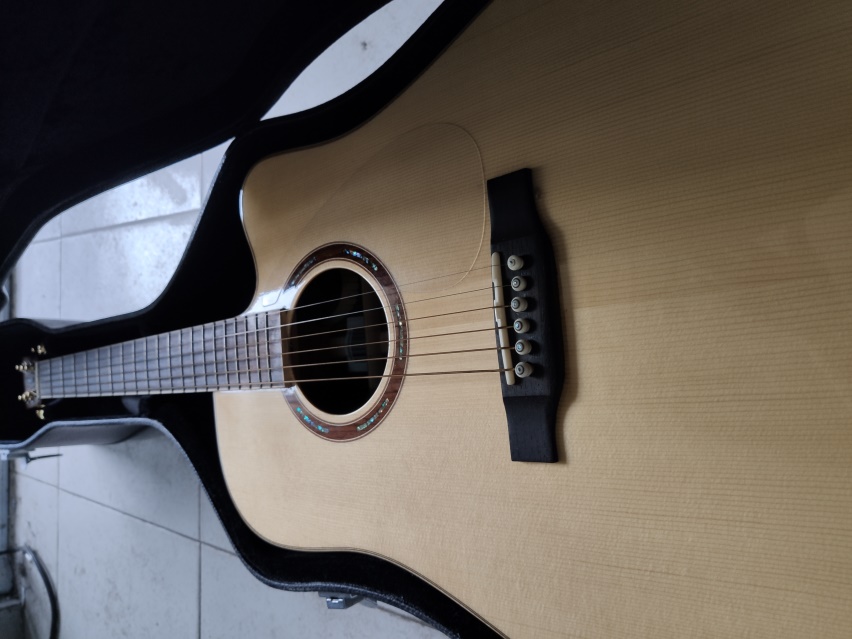
以上是毕业论文大纲或资料介绍,该课题完整毕业论文、开题报告、任务书、程序设计、图纸设计等资料请添加微信获取,微信号:bysjorg。
相关图片展示:
